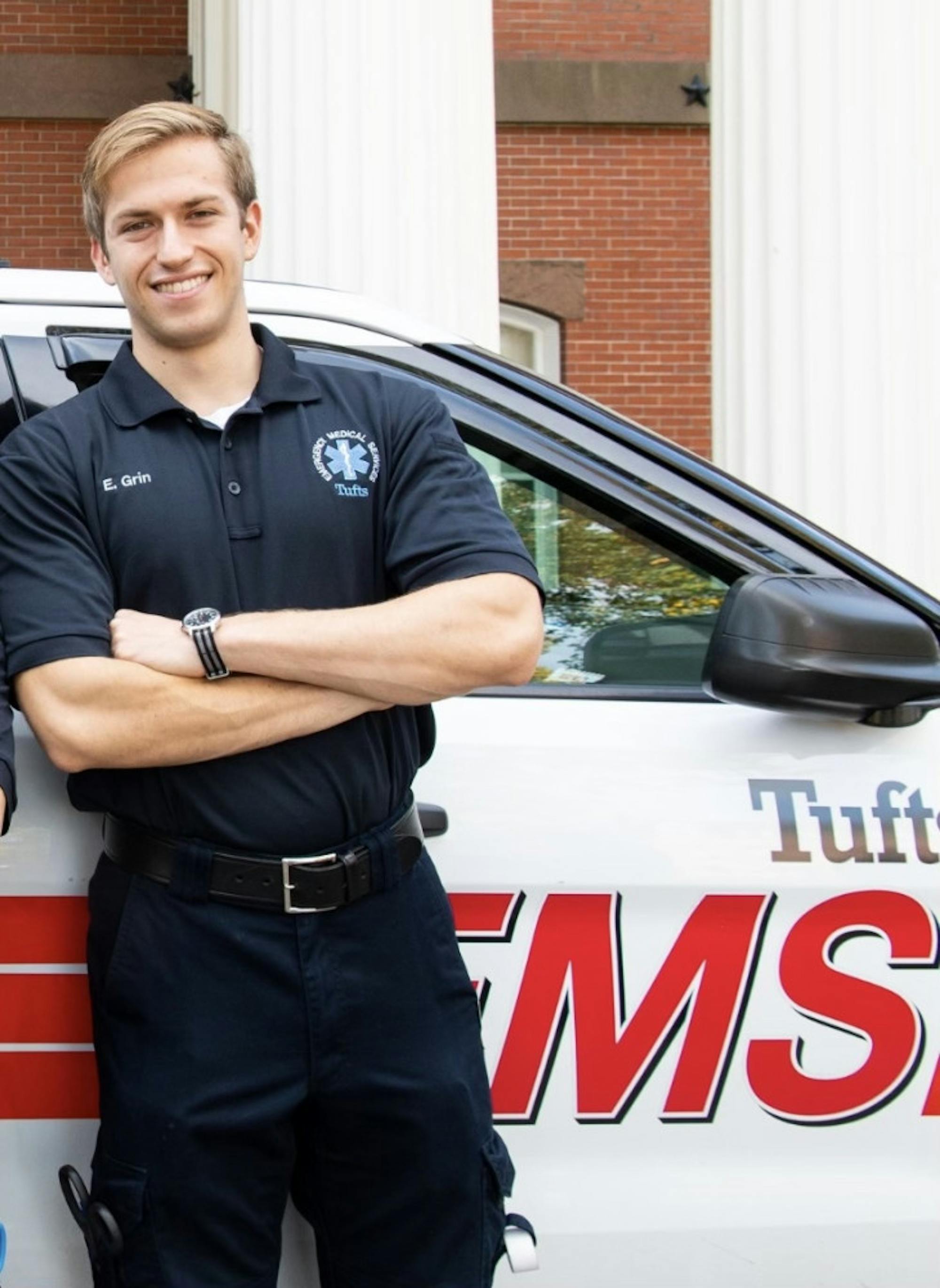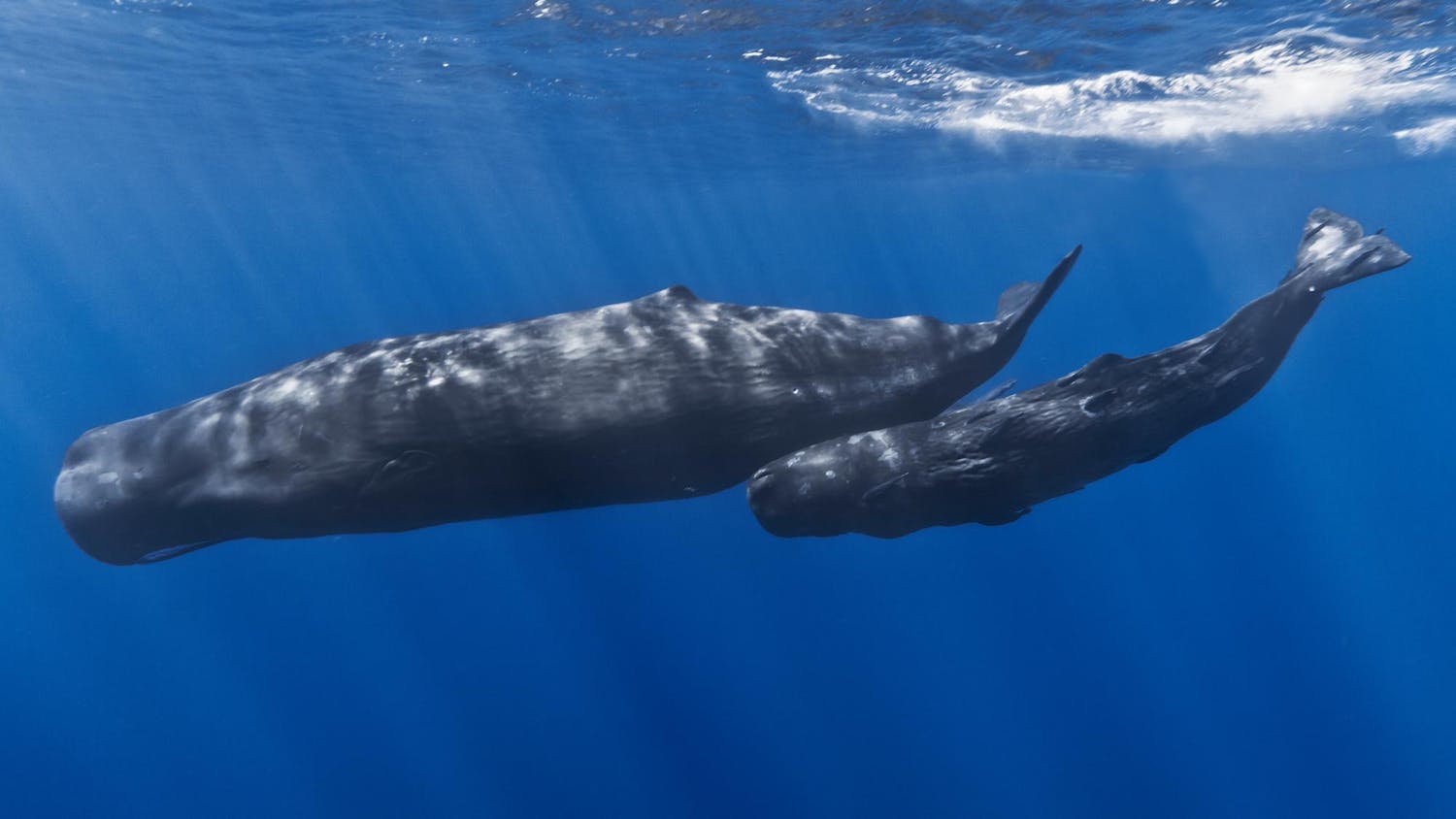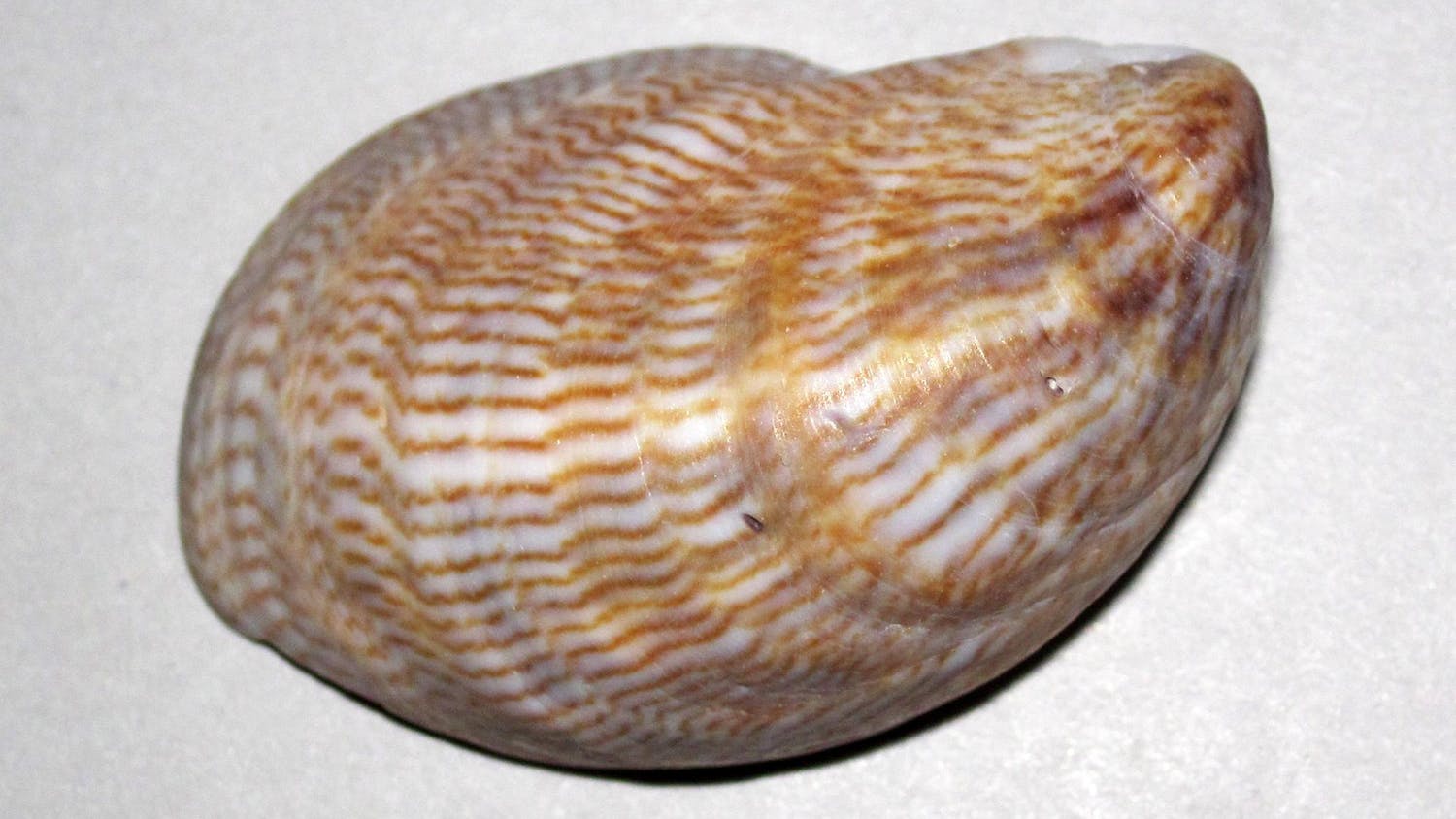Many students have a story behind their passion. Inspiration is hard to come by, but when it does come, it often fuels the drive behind a career choice.
Senior Eric Grin’s inspiration comes from his first hospital experience.
“I had an appendectomy in … the eighth grade,” Grin said. “I had always been irrationally afraid of surgery … and my mother’s kind of a hospital-phobic.”
He described how the surgeon explained everything that was going on and what was going to happen as he went into the procedure. That intersection between science and communication is something that stood out to him.
“As a person, I felt really respected,” Grin said. “I had never seen medicine as a science field and also one where you’re interacting with people.”
With this experience in mind, Grin was propelled into the medical field and went on to join Tufts Emergency Medical Services in college. From the second semester of his junior year to the first semester of his senior year, he served as executive director of TEMS. His experiences in the organization have only bolstered his love for the multifaceted field.
He described that the EMS field, much like when becoming a doctor, consists of patient interaction, academic work and teamwork.
“You’re interacting with people, you’re doing academic work, especially on the acute care side of things,” he said. “There are a lot of situations where you have to make a lot of judgment calls very quickly. … Also, giving good care means working in teams really well. In EMS that means you’re working with nurses, firefighters, paramedics [and] you’re working with the doctor when you get [to the hospital].”
Grin, an EMT and aspiring trauma surgeon, is often faced with the pressure of having to make those quick decisions, which begs the question of whether or not the decision is correct.
“There have definitely been times when I’ve made mistakes, and you know, who wouldn’t? Especially when I was a new EMT,” he said.
However, Grin, a double major in biochemistry and Russian and Eastern European studies, believes that it’s important — when placed in those situations of not knowing exactly how to proceed — to ask for help and recommendations from peers.
“I think it’s a factor of recognizing when you are less comfortable and knowing how to ask for help, and how to work in a team,” he added. “Over time, you develop those skills. Now I work with newer people and it’s the same sort of thing. We might go on [a] call, and something might not go right, and very often it doesn’t go right.”
Mistakes can often cause a fear of failure as opposed to promoting perseverance. But Grin encourages students to acknowledge that mistakes will be an inherent part of the learning process, as he has learned much from his own experiences through his college and EMT career.
“If you are doing something in which you are never making mistakes, it’s probably not that hard, right?” Grin said. “If you make a mistake, it’s very important to learn from it and think about why did something not go the way [you] wanted it to, what factors contributed to that, what can [you] do to try and avoid that in the future.”
He added that sometimes, in the medical field, some things are outside of your control, and it’s frequently better just to move past these sorts of errors than to dwell on them.
“But there’s also a level of not being so hard on yourself where you’re beating yourself up again and again about something that happened months and months ago that you have little control over,” Grin said. “So I think that it’s a mix of taking a lot of responsibility for things that are under your control and then also realizing that sometimes outcomes aren’t going to be the way you want them to be.”
Grin also mentioned that he appreciates the learning and teaching aspects of being on TEMS.
“I … co-taught [the EMT class] with the instructor at the time, [who’s] now retired,” Grin said. “He was the one who taught me back in my freshman year when I got my [EMT] license. Working with students has definitely been a highlight for me. It’s really fun to introduce people to a field that often they know very little about … and people are eager to learn.”
During his college journey, Grin also explored the educational side of his science experiences, becoming a TA for biochemistry and a tutor for the Student Accessibility and Academic Resources Center. He is interested in applying those educational skills to his work with TEMS.
“At TEMS, a big focus of mine has been trying to promote more training and education … to mentor younger students and get them excited about things,” he said.
Grin said that underclassmen can easily become discouraged by early-level STEM courses.
“You get a lot of freshmen and sophomores who come in and have this idea that they are excited about science and want to do it,” he said. “But they come into these introductory classes and some of them start getting worried and think … ‘This is so hard. I’m not enjoying this. I shouldn’t go into this field.’”
He believes that learning in STEM fields is difficult for everyone, and those who succeed are students who develop the skills necessary to do so.
“Yeah, some of these introductory classes can be tough, but not everybody comes in with this natural ability to ‘do science,’ it [takes] a skill set,” Grin said. “You can [teach] people to appreciate the subjects and try strategies to grow as learners because I feel like everyone can really succeed in that. It’s just a question of motivating themselves and having confidence in themselves. I hope I can maybe leave a little bit of a legacy of that, something to pass on to other people.”






